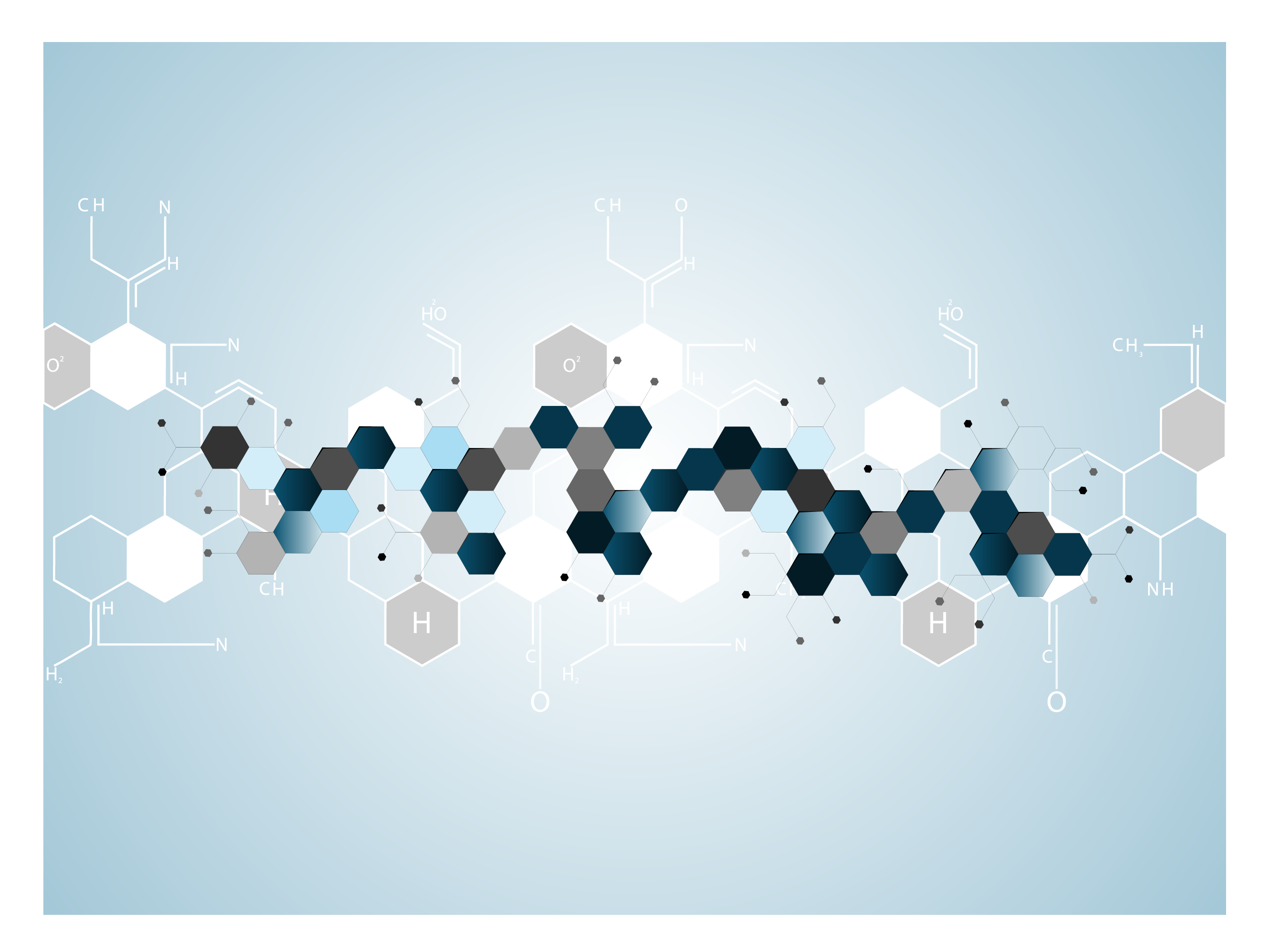About the Genomic Data Sharing (GDS) Policy

Sharing genomic research data is essential for translating research results into knowledge, products, and procedures to improve human health. The GDS Policy applies to all NIH-funded research (grants, contracts, intramural research) that generates large-scale human or non-human genomic data and the use of the data for subsequent research. The policy applies to all such research, regardless of the funding level. For examples of genomic data that may be subject to the policy, refer to the Examples of Projects section below.
There are a few NIH and NCI data repositories that meet GDS Policy requirements. The NCI Cancer Research Data Commons (CRDC) accepts certain NCI-supported genomics data sets through direct request in either the Genomic Data Commons (GDC) or General Commons. Additionally, the repositories included on the NIH Genomic Data Sharing Repository list accept genomic data.
The GDS Policy is in effect for NIH-funded:
- extramural competing grant applications,
- contract proposals, and
- intramural projects generating data.
Extramural research initiated prior to January 25, 2015, and intramural research prior to August 31, 2015, will continue to operate under the terms of the policies that were in effect when the research began. This includes the:
- NIH Policy for Sharing of Data Obtained in NIH Supported or Conducted Genome-Wide Association Studies (2008).
- NIH Policy on Sharing of Model Organisms for Biomedical Research (2004).
- NIH Data Sharing Policy (2003).
Harmonization of Sharing Plans
As of January 25, 2023, funding applications should follow the 2023 Data Management and Sharing (DMS) policy. Investigators who are generating genomic data as part of NIH funding should submit a single DMS Plan, describing how they will manage and share scientific data generated from NIH funds. This single plan should satisfy requirements for both the Genomic Data Sharing (GDS) Policy and the DMS Policy (NOT-OD-22-198).
Examples of Projects That Fall Under GDS Policy
The GDS Policy applies to all NCI-funded research that generates large-scale human or non-human genomic data, as well as the use of these data for subsequent research. NCI may choose to apply the GDS Policy to projects generating smaller scale genomic data depending on the state of the science, the needs of the research community, and programmatic priorities. Investigators should consult with appropriate NCI Program Officers or Intramural Scientific Directors as early as possible in the genomic research planning process.
Points to Consider
Although the GDS is generally reserved for large-scale genomics, there are key points to consider regardless of scale. Investigators should consult with their appropriate Program Officers or Intramural Scientific Directors (SD) as early as possible to determine if they should submit small- or large-scale research projects.
Data may need to be submitted even for small-scale research projects depending on the:
- state of the science,
- programmatic priorities of NCI, and
- usefulness of the data for the research community.
Examples of small-scale projects that NCI would likely mandate data sharing for include, but are not limited to, projects:
- examining rare cancers, rare-cancer-related outcomes, or rare-cancer subtypes.
- Check out the Genetic and Rare Diseases Information Center for a list of rare cancer summaries.
- focusing on under-studied populations.
- relating to mitochondrial DNA sequencing
How to Define a “Rare Disease”
- FDA: A disease or condition affecting less than 200,000 persons in the United States (Orphan Drug Act Pub L 97-414, as amended 1984).
- Rare Disease Act 2002: Rare diseases and disorders are those that affect small patient-populations (typically smaller than 200,000 individuals in the United States).
General Guidelines for Large-Scale Research Projects
Regardless of study design, NCI anticipates sharing of large-scale genomics research data. This includes, but is not limited to, the following:
| Type of Data | Data Examples | Number of Human Specimens (Including Human Cell Lines*) | Number of Model Organisms, Non-human Cell Lines Infectious Organisms |
|---|---|---|---|
| SNP array data from > 500k single nucleotide polymorphisms (SNPS) | GWAS Data | 1,000 | 500 |
| DNA or RNA sequence data from < 100 genes or regions of interest, or transcripts | Targeted Sequencing | 1,000 | 500 |
| DNA sequence data from ≥ 100 genes or regions of interest |
| 100 | 50 |
| Genome-wide RNA sequencing data | Transcriptomic Data | 100 | 50 |
| Genome-wide DNA methylation data | Bisulfite Sequencing Data | 100 | 50 |
| Genome-wide chromatin immunoprecipitation sequencing (ChIP-seq) data |
| 100 | 50 |
| Metagenome (or microbiome) sequencing data |
| 100 | 50 |
| Metatranscriptome sequencing data |
| 100 | 50 |
*Includes distinct individuals, species, strains, samples, treatments, time points, tissues, single cells, etc. (e.g., data from 25 patients at 4 time points after treatment would reach a 100-sample threshold; data from 50 tumors-normal comparisons would reach a 100-sample threshold).
Research that does not meet the above criteria and involves instrument calibration exercises and/or statistical or technical methods development is outside the scope of the GDS Policy.
Institutional Certification
NIH repositories share genomic data only as allowed by consent for broad sharing. NIH documents this allowable data use via Institutional Certification forms signed by both investigators and their Institution’s Signing Official. For more information, please consult Guidance on Consent for Future Research Use and Broad Sharing of Human Genomic and Phenotypic Data Subject to the GDS Policy. Research initiated prior to the GDS Policy’s effective date will continue to operate under the terms of the policies that were in effect when the research began; however, NIH strongly encourages investigators to comply with the expectations outlined in the policy.
